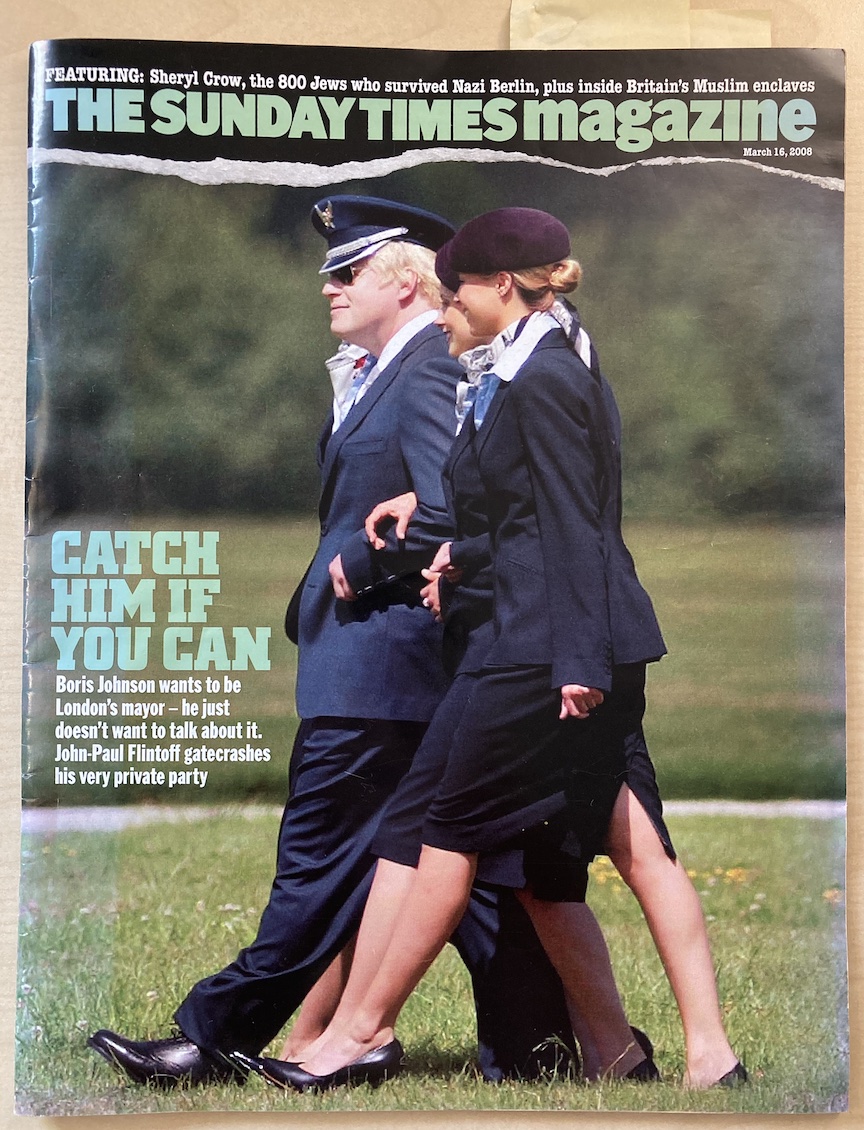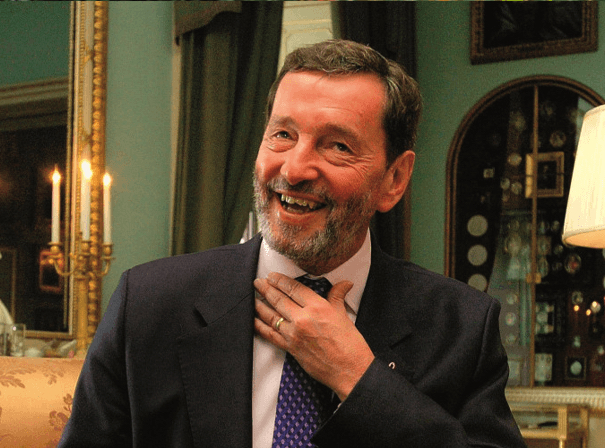Speakers For Schools invited me to talk about my experience of journalism, to 400 or so young people I couldn’t see, online.
I started by sharing with them the photos you see here.
1. How To Change The World, my book, argues that all change begins by somebody’s attempt to draw attention to an issue – whether it’s an injustice or a new gadget. In that sense, we’re all journalists, because we all have the chance to draw attention to an issue. We can do that by originating something ourselves, or just passing on somebody else’s work.
2. Rough sketch of 25 Journalists. I drew these mini portraits as part of a book proposal. In that book, I want to argue that journalism isn’t all about being (say) Piers Morgan or Christopher Hitchens – big names, with an established platform and oodles of self-confidence. I would argue that Anne Frank (fourth row, on the right) was a journalist, because she wrote in a journal, and even if she didn’t write to be published she actually was published, to huge effect. So start writing!
3. Back stage at Live 8. Robbie Williams is one of the very famous people I encountered when I was smuggled backstage at one of the biggest concerts in history. Most were musicians (U2, Paul McCartney, REM, Madonna, Coldplay, Elton John, Snoop Dogg and more) but I also ran into the head of the United Nations and the world’s richest man. Frankly, it was quite bonkers, and it’s the best story I can share about the “glamorous” side of journalism where you get to meet famous people. I don’t pretend it wasn’t exciting.
4. Financial Times Magazine. I liked to smuggle into the FT stories about people who would not normally appear there. These included a story about troubled young people who lived on the streets and used to rob people on buses; and a series of stories in which I took unglamorous jobs such as window-cleaner, undertaker’s assistant, taxi driver, rubbish collector. By actually doing those jobs myself, I got insights that would have escaped me if I had only interviewed other people.
5. Interview as Comic Strip. I turned a straight interview into a comic strip. In doing so, I wanted to find a new way to win the attention of readers. I also wanted to play with new ways to tell a story. This was one of the ways I kept myself interested: the trouble with being a journalist for a reasonably long time is that you can start to feel as if you have written every kind of story there is, and only need to change the names. (Nonsense of course, but that’s how it can feel.)
6. Interview with Boris Johnson, when he was first running to be London Mayor. In that story I argued against voting for him – I said that he was too entertaining to be a good politician. I don’t think I was wrong. As well as interviewing him, I managed to get myself into a private fundraising event, and Johnson looked very displeased when he saw me sitting at one of the tables eating and chatting with his supporters.
7. David Blunkett. I wrote something I was ashamed of. Fifteen years later, I called him to apologise. I’m planning to go into more detail about this in my next book.
8. Richard Ratcliffe on hunger strike. I went to sketch a man protesting outside the Foreign Office. Instinctively, I felt that drawing might be a good way to grab attention, because this particular man’s story had been covered, in much the same way, many times before. I had the drawings printed, along with some words I wrote. Friends helped me to send them out to MPs and many other people in positions of influence. I received a message of thanks from Ratcliffe’s wife, Nazanin Zaghari-Ratcliffe, who was then held against her will in Iran.
***
How To Get Into Journalism

There’s a story I came across somewhere, about somebody who wanted a job. He went into a clothes shop and started tidying up. He did this for several hours, and eventually the manager came over to ask what he was doing. He said, “I’m tidying clothes.” The manager asked why. He said, “I’d like a job.” He was hired.
If you want to be a journalist, you need to do something like that. Not folding clothes, but something that will make it obvious you are well suited to the role.
Write! Publish!
Start by printing just ten copies of your work and sending them out by post to ten suitable recipients. Congratulations – you are now a journalist.
Don’t expect extravagant praise. Don’t even expect thanks. And don’t imagine you are brilliant before you are even adequate. But keep doing it. And one day you’ll discover that you are capable of being, occasionally, somewhat brilliant.
When that happens, don’t let it go to your head. Keep doing good work. Keep showing up.







